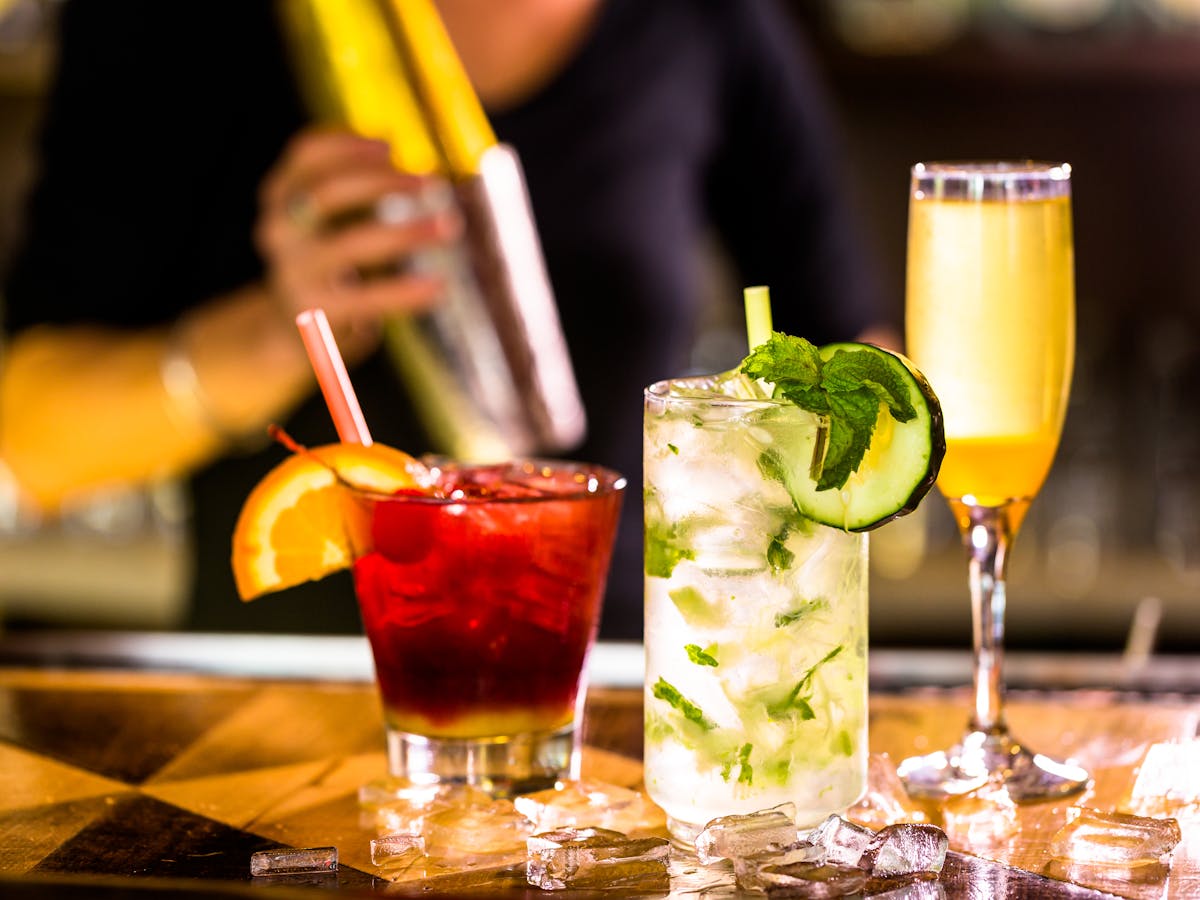Recently there have been increased cases of “drink spiking” attacks in cities across the UK and these reports are increasingly concerning and form part of a pattern of violence against women. Drink spiking is the act of putting drugs or alcohol into someone’s drinks without their knowledge or consent, and most frequently occurs in bars or clubs. The most recent reports show an emerging trend of spiking via injection.

The fact that women must worry about drink spiking on a night out is a terrifying prospect, and the consequences can be very serious. This blog aims to help you learn more about drink spiking and injection, what signs to look out for and how to help victims of spiking.
Spiking occurs for various reasons; sometimes a joke such as adding a couple of extra shots to a friend’s drink or for theft or the intent of sexual assault. Regardless of the reason, spiking is a crime and carries a maximum sentence of 10 years in prison.
Signs and How To Protect Yourself
Some signs to help you spot drink spiking such as:
- Excessive bubbles
- Foggy Appearance
- Sinking ice
- Change in colour
- Salty taste
Whilst this advice is useful, in reality, in a dark, crowded, loud club setting a lot of these indicators are hard to determine. Ideally, we shouldn’t be having to take preventative action to protect ourselves but until we can feel safe there are some tips that you can follow.
Vivus has some tools to help you be in the know, avoid regions with high cases and when in one call for an emergency but here are some additional tips.
To help prevent you from drink spiking, many bars and clubs will offer drink covers and this can help in giving you peace of mind. Watch the bartender make your drink, be aware of your surroundings, don’t leave your drink unattended, and don’t accept drinks from strangers.
There are several signs to be aware of that may indicate that someone has been spiked such as:
- Lowered inhibitions
- Confusion
- Nausea and vomiting
- Difficulty walking
- Extreme tiredness
- Sudden visual impairments or hallucinations
- Unconsciousness


What To Do When Spiked?
If you think someone has been a victim of drink spiking, immediately alert a member of staff or security who should be able to make sure you and your friend are safe. Stay with your friend, keep talking to them and take them to A&E to receive medical treatment. If you believe someone’s condition is worsening, you should call an ambulance. You should not let them go home alone or leave with someone you don’t know or trust. If you think they have been subject to another crime you can call 999 to contact the police.
If someone has been spiked via a needle, let the wound bleed and wash it with soap and water. Then dry and apply a plaster, do not scrub, or suck the wound. If you have been spiked by a needle, you need to go to A&E. Post Exposure Prophylaxis can be administered for Hepatitis and HIV which can significantly reduce the chances of developing these infections.
You may choose to report the incident to the police. This can be done by calling 101, or in case of an emergency or immediate harm, calling 999. You can also report it online if you are more comfortable doing this.
There is a huge amount of responsibility that lies with women on nights out which should not be the case at all. We are encouraged to be always on high alert, constantly monitoring our drinks and our surroundings, however, these are quick fixes to a much deeper issue, such as drink testing kits and colour-changing nail varnish. What is needed is comprehensive educational programmes that centre around consent and boundaries from a young age. For long-term change to be enacted we need to make monumental structural and cultural shifts and now is the time to act.
